Edible Insects And Their Health Benefits
Across the globe, eating insects is seen as commonplace or even a rare delicacy, while in other parts of the world, eating insects is seen as completely distasteful. Knowing which insects can be eaten is valuable knowledge for individuals to have in any survival situation or if they would simply like to be a little adventurous in their eating habits. Regardless of an area's thoughts on eating insects, research clearly indicates certain edible insects can actually be incredibly healthy for individuals to consume, at least on occasion. Get full details on the best edible insects and their amazing health benefits now.
Ants
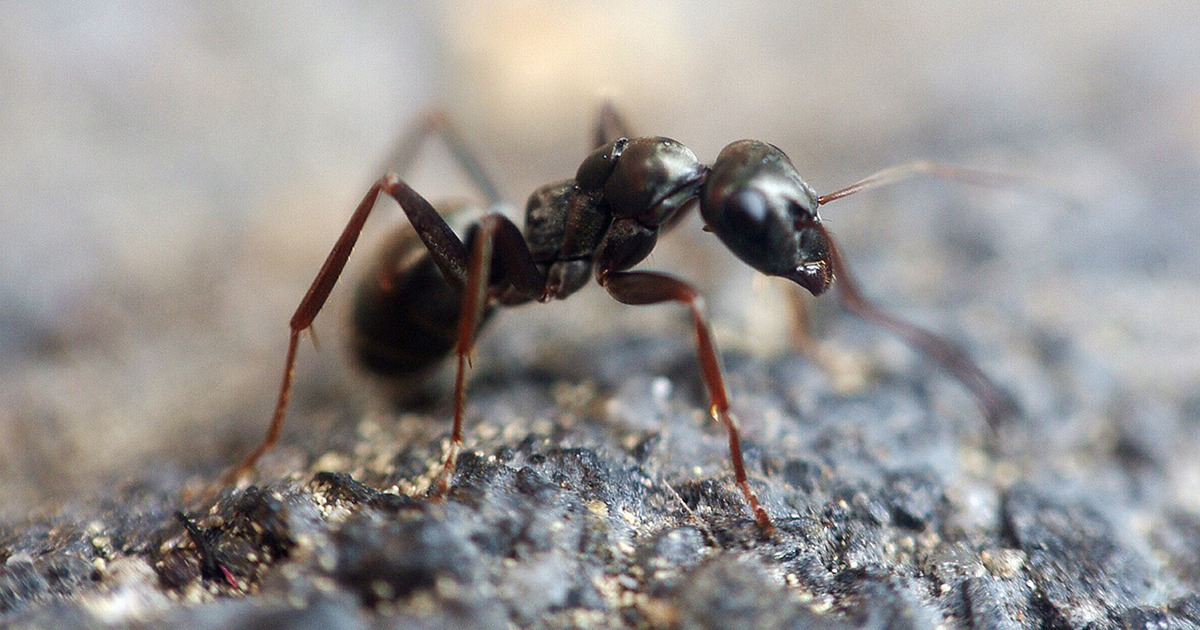
Various types of ants can be eaten, such as carpenter ants, leaf-cutter ants, lemon ants, and honeypot ants. Each will have its own flavor, however, when an ant feels threatened it will release an acid that gives them a sour or vinegary flavor. Typically, ants are best eaten roasted with salt or lightly seared and eaten like popcorn. To completely expel the vinegary taste of the ants, they are boiled in a shallow pan, but in an emergency situation, they can be eaten raw. Ants are normally eaten at feasts as a celebration food and are also produced by some manufacturers in a chocolate covered form. The health benefits of eating ants can vary slightly based on the type of ant, but they are considered good sources of protein and also help with cholesterol regulation, managing diabetes, and stabilizing blood pressure.
Crickets
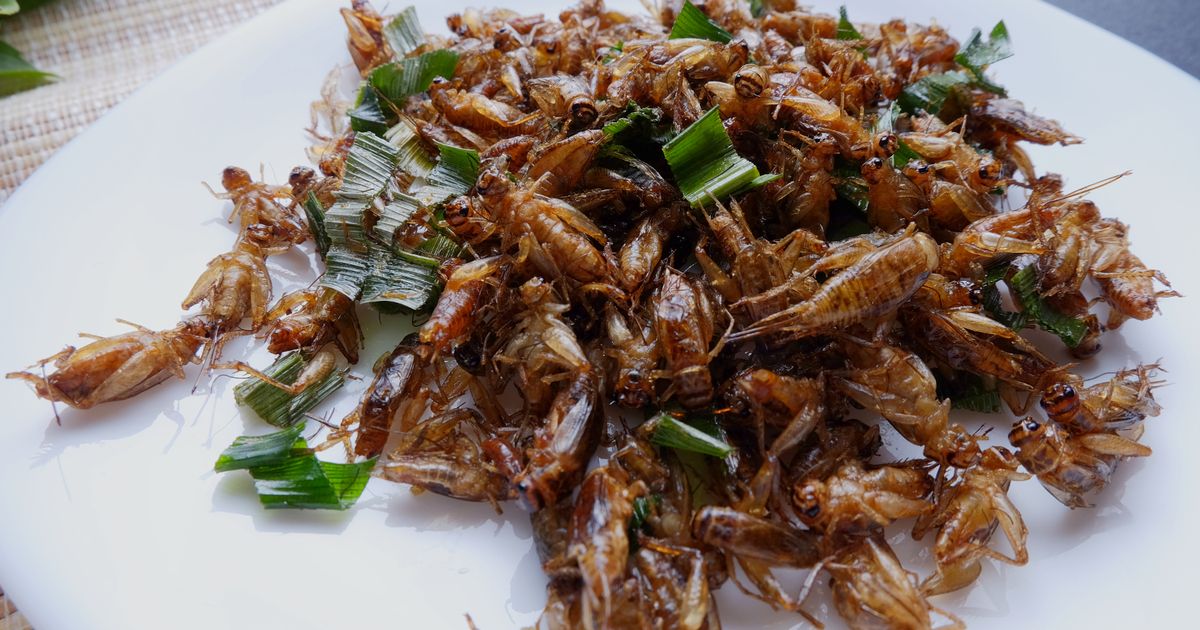
Crickets have a long tradition of being a human food eaten all over the world. They are generally sold by the pound and dried in the market, and following this, they are fried or roasted before eating. They are often pan-fried or baked in the oven with a bit of oil and salt. Crickets have the characteristic of taking on the flavor of the food they eat and can take on different tastes depending on where they are produced. If crickets are fed with various grains, corn, and fresh vegetables, they will taste a little bit like sweet corn with a slightly nutty or sunflower seed flavor. Crickets have half the fat and a third more protein than beef. Reportedly, crickets can also improve natural gut bacteria and reduce inflammation in the body.
Grasshoppers
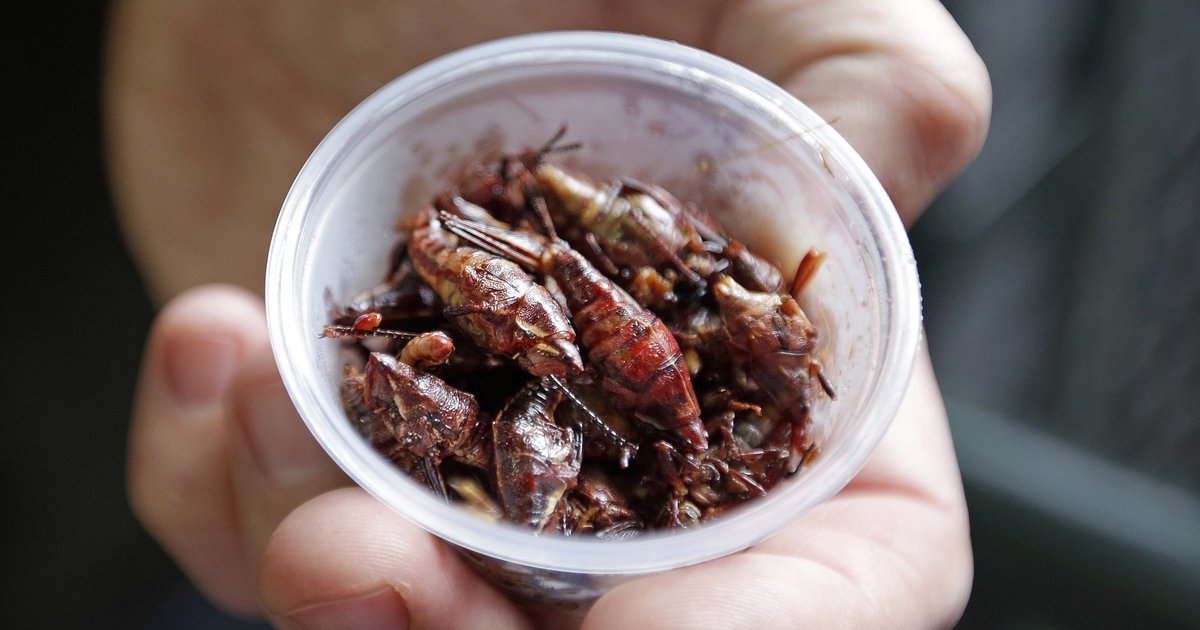
Grasshoppers have become well known for their high protein content, but they are also a good source of calcium. Grasshoppers are incredibly easy to catch and around the world, a market has developed to meet demand. Most farmers allow simple traps to be set up on their land as grasshoppers are seen as pests to their crops. There is even a grasshopper-based protein bar on the market. Typically, grasshoppers are sold by the pound and can be prepared pan-fried or oven roasted. Most who regularly eat grasshoppers remove the legs and wings before eating as they can be a bit annoying as well as these parts hold no real nutritional value.
Maggots

While maggots are edible, it takes an individual with a strong stomach to be able to get past the fact they are maggots. Maggots have a bad reputation because of what they consume and how they digest their food. They have no internal digestive system of their own and must predigest anything that becomes their food, leaving meat and other food sources spoiled in their wake. Usually, maggots are eaten raw and will taste differently depending on what they are snacking on at the time. Maggots, however, are considered one of the original superfoods as they are extremely fatty and an excellent source of amino acids.
Termites
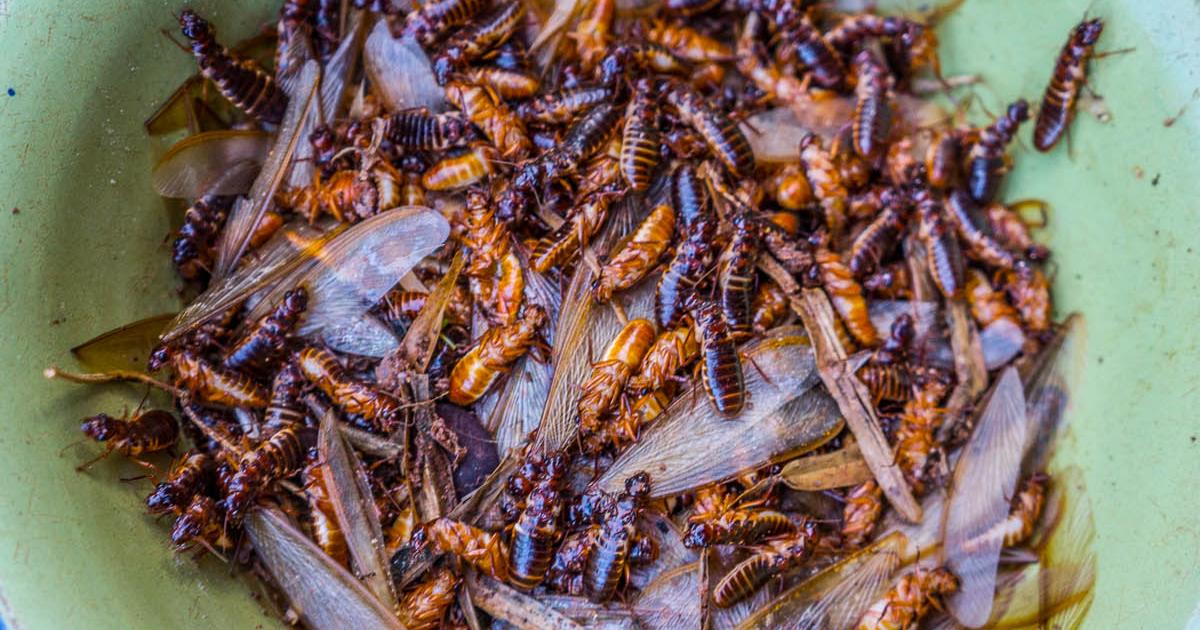
Eating termites has been happening for thousands of years. They have a high oil content with a nutty flavor, high nutrient content, and possess quite a lot of protein. Termites are also very easy to catch because they are attracted to light. Termites that have wings are larger and considered great for toasting in a hot skillet to eat like finger food or a light snack. The wings of the termites fall off quite easily or can be removed with a slight toss in the pan. In a survival situation, termites can be found in fallen trees or rotting stumps.
Scorpions
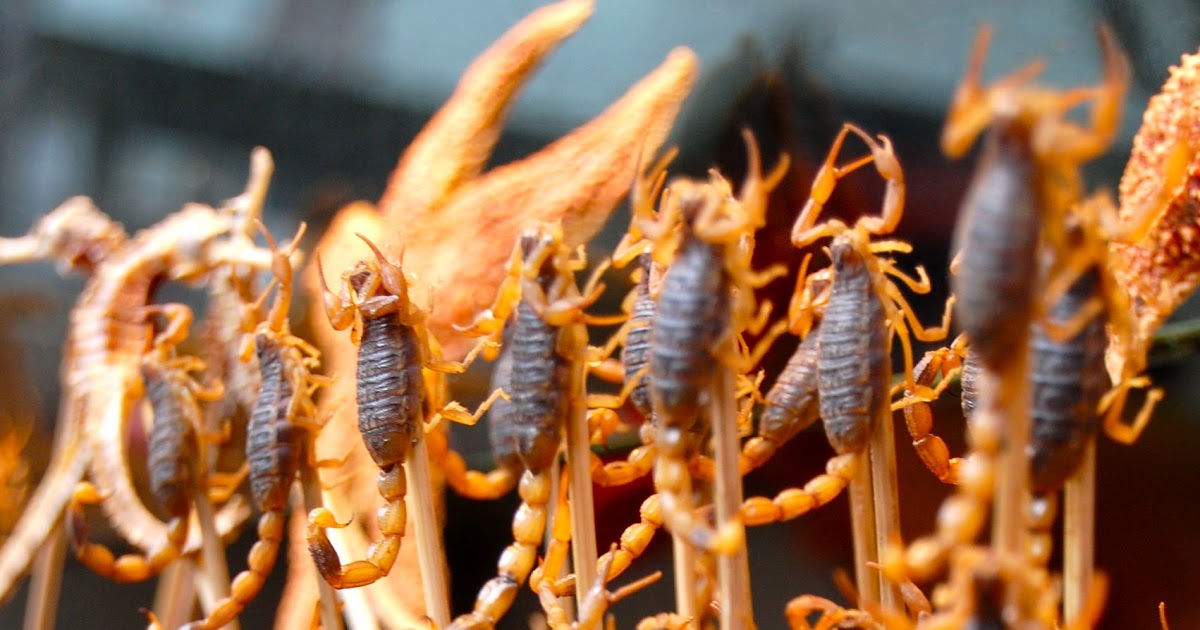
Scorpions can often be found fried and on skewers at street markets in Thailand and China. Those who have eaten scorpions state they have the same flavor as a soft-shelled crab. Most methods of catching and eating scorpions include removing the scorpion's tail and poison sac to avoid being poisoned before the scorpion is cooked. It is also necessary to dispose of the tail safely as it still has the potential to poison anyone who steps on or pricks their finger with the stinger. Removing the tail is not considered to be necessary because once the scorpion is cooked the poison loses its toxicity, but it is better to be safe than sorry.
Reports indicate scorpions are high in iron and protein, which can be incredibly beneficial for an individual's body, since both nutrients are essential for its function and to prevent conditions such as iron deficiency anemia.
Earthworms
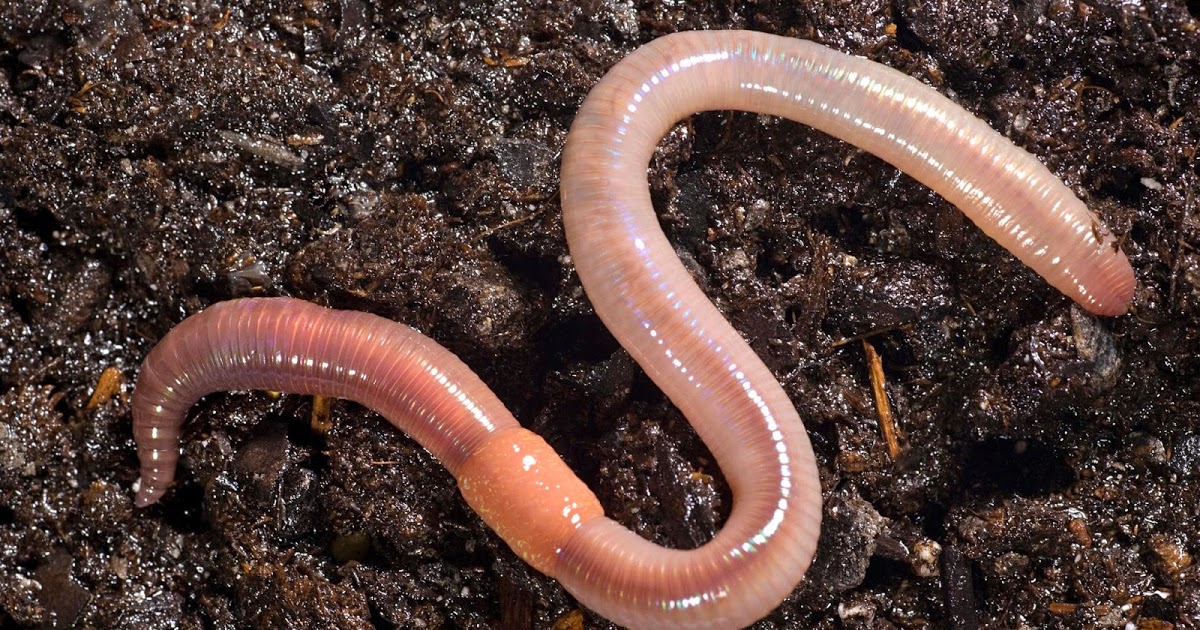
Earthworms typically come out in droves after heavy rain. When eaten, earthworms are highly nutritious, if not a little interesting to eat. Eating earthworms alone, individuals may find the flavor bitter, but they are easy to incorporate into other dishes, like soups and stews as well as stir-fries. The best method for eating them is to batter and fry them until crispy.
Research indicates worms not only have high iron and protein, but also include lots of amino acids. This helps the human body digest food and repair damaged body tissue. Experts also state worms contain lots of calcium, and may, in fact, be equal to the amount typically found in cow's milk or cheese.
Cicadas

Periodical cicadas, which emerge once every seventeen years, are often found in the eastern United States and most Asian countries are good for eating. These red-eyed little insects need to be caught at just the right time in order to eat them, which is just after they molt their hard exoskeleton. With their exoskeleton gone, cicadas have soft juicy bodies. Some individuals have made up recipes for deep-fried cicadas they add to salads, barbecued cicadas, or even cicada tacos. Once the exoskeleton reforms then cicadas become too tough to eat. Most state their taste can be compared to asparagus. Experts indicate cicadas are low in carbohydrates, and may also be gluten-free as well.
Dragonflies
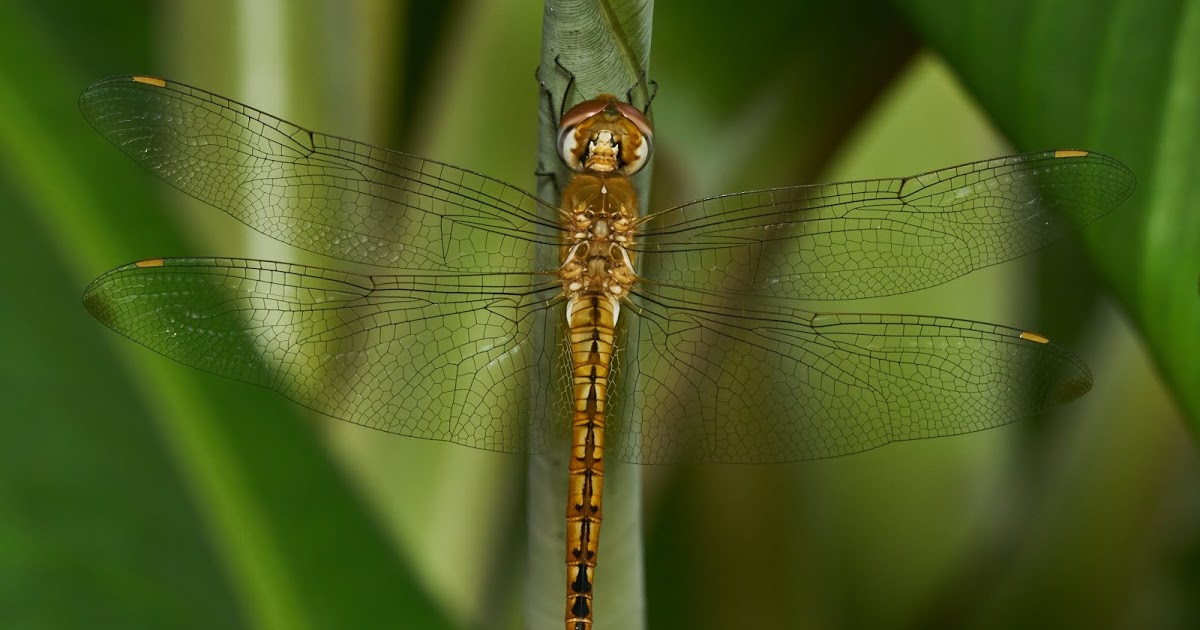
These mosquito predators are able to fly roughly twenty-five to thirty miles per hour. In Indonesia, a traditional method for catching dragonflies is to dip a reed into palm sap and wave the reed through the air to snag a dragonfly's wing on the sticky sap. Most children are taught how to catch dragonflies. Both Indonesia and China eat dragonflies regularly and they can be found boiled or dipped in batter and fried in coconut oil, then eaten like candy. Most individuals state dragonflies taste like soft-shelled crab. Like many other insects, dragonflies are quite nutritious and include high amounts of protein, and are low in fat (particularly saturated fat), which makes them generally healthy to consume.
Grubs
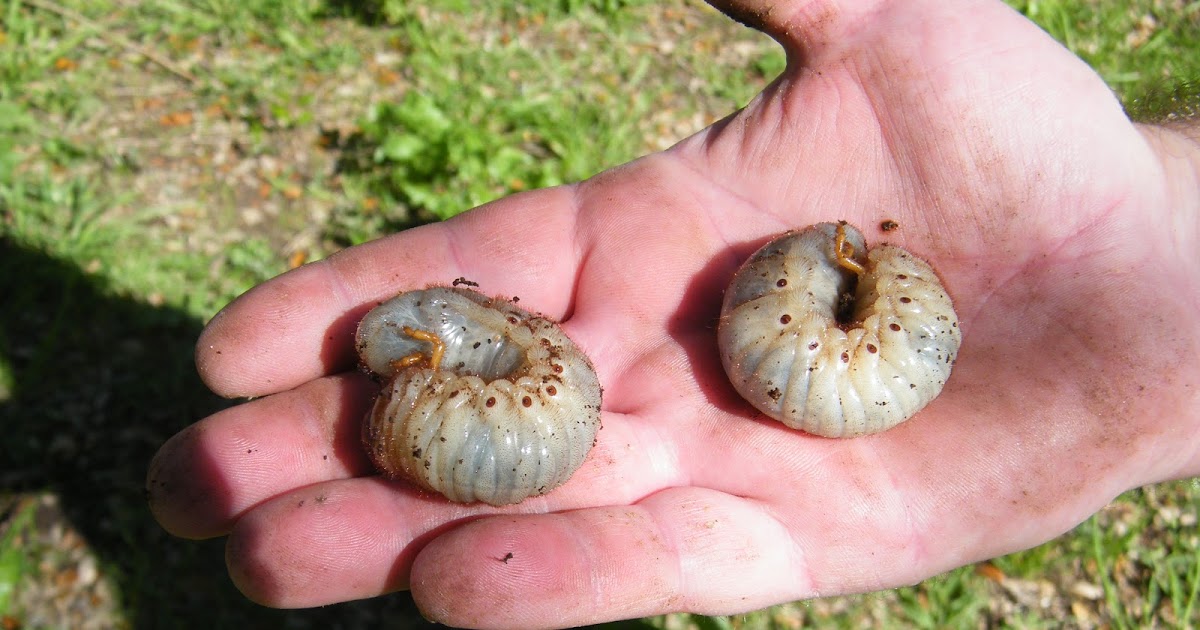
One of the most popular edible insects is the Witchetty grub, an insect native to Australia. Grubs can be raised at home, and they are considered a complete animal protein. A one hundred gram serving of grubs contains sixteen grams of protein and twenty-nine grams of fat. It is safe to eat raw grubs, and they are a traditional snack for Aborigines in Australia. Some individuals choose to cook grubs, and the flavor is similar to roasted chicken. Since eating insects involves eating the entire animal, including the exoskeleton, heart, and other internal organs, grubs and other edible insects provide a higher quality of protein than individuals could obtain from plants and other sources. Generally, insect protein is easier to digest than other types of animal protein, and this allows the body to maximize nutrient absorption from the meal. In addition, the exoskeleton, also known as chitin, is a form of prebiotic fiber that can help in balancing bacteria in the gut.
Woodlice
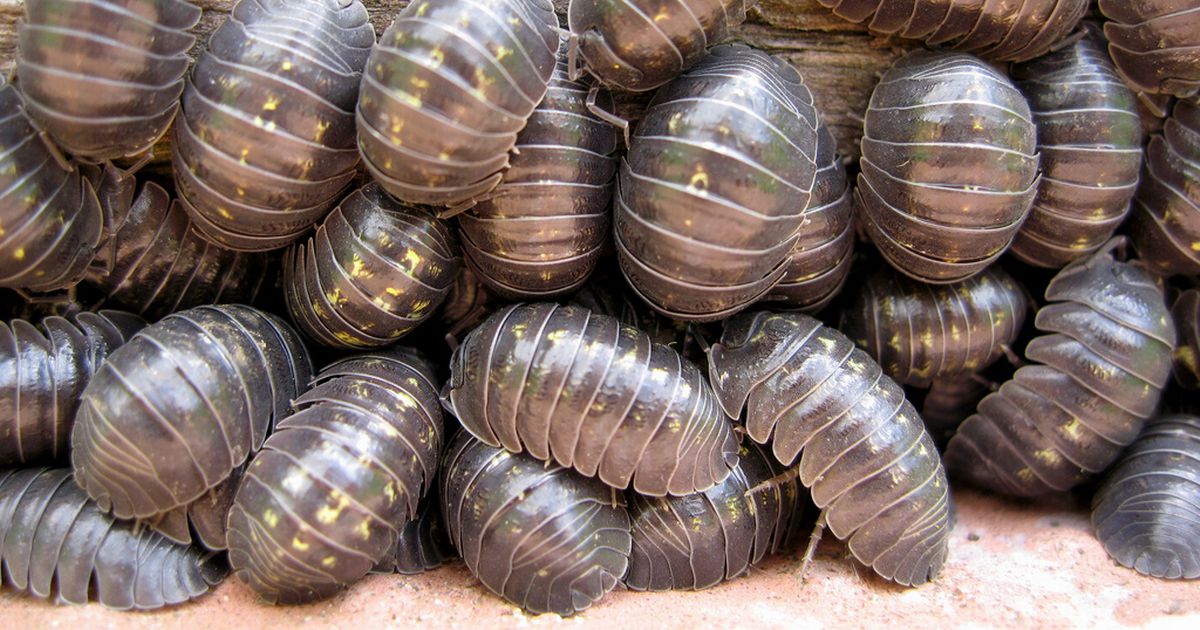
Also known as pill bugs or roly-polies, woodlice are North America's only type of terrestrial crustacean. They are reported to have a flavor and nutritional profile similar to shrimp, and they are sometimes referred to as land shrimp. Woodlice can be found abundantly under rocks and logs, and they can also be located by sifting through old leaves. Since these animals may contain parasites known as nematodes, they must be thoroughly cooked prior to eating. Experts recommend boiling woodlice for at least two minutes before consumption. The outer skeleton of pill bugs is very high in calcium, and the bugs are also good sources of magnesium, sodium, iron, and copper. As with other crustaceans, woodlice provide high-quality protein that is easily absorbed. One of the most popular ways to consume woodlice is to make them into a sauce individuals can substitute for soy sauce.
Beetles
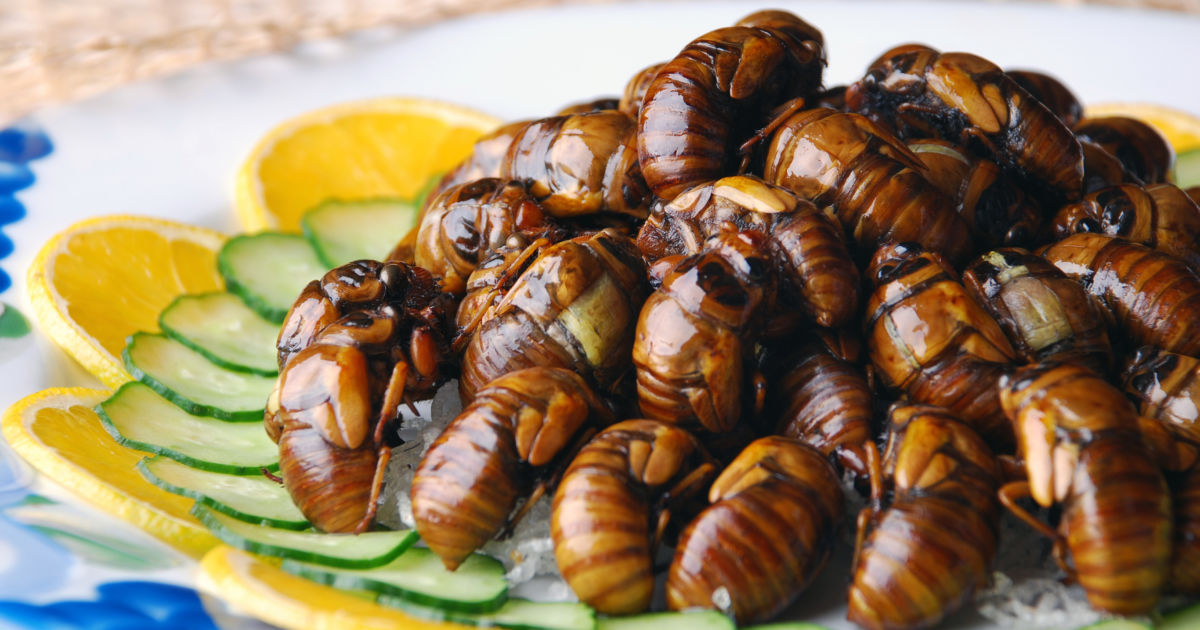
Of all edible insects, beetles are the ones most frequently eaten across the globe. In fact, they make up thirty-one percent of the total global insect consumption. Like other insects, beetles provide all nine essential amino acids, and they have more protein than most other varieties of insects. Beetles are especially popular as food in parts of Africa and in the areas around the Amazon basin. Long-horned, june, and rhinoceros types are among those most commonly eaten. A nutritional analysis of several types of beetles revealed Zophobas beetles are especially rich in vitamin E, vitamin A, beta carotene, and lutein. Tenebrio beetles are another good source of these nutrients. Vitamin E may help reduce inflammation, and vitamin A is essential for bone growth, eye health, and skin repair. Beta carotene, a special form of vitamin A, is believed to help prevent some of the cognitive decline associated with aging, and the nutrient has been shown to reduce the risk of lung cancer in female non-smokers. Studies suggest lutein intake may help prevent age-related macular degeneration, and it may also lower the risk of cataract formation. Interestingly, beetles contain a significant amount of ash, an element that provides phosphorus, potassium, and calcium.
